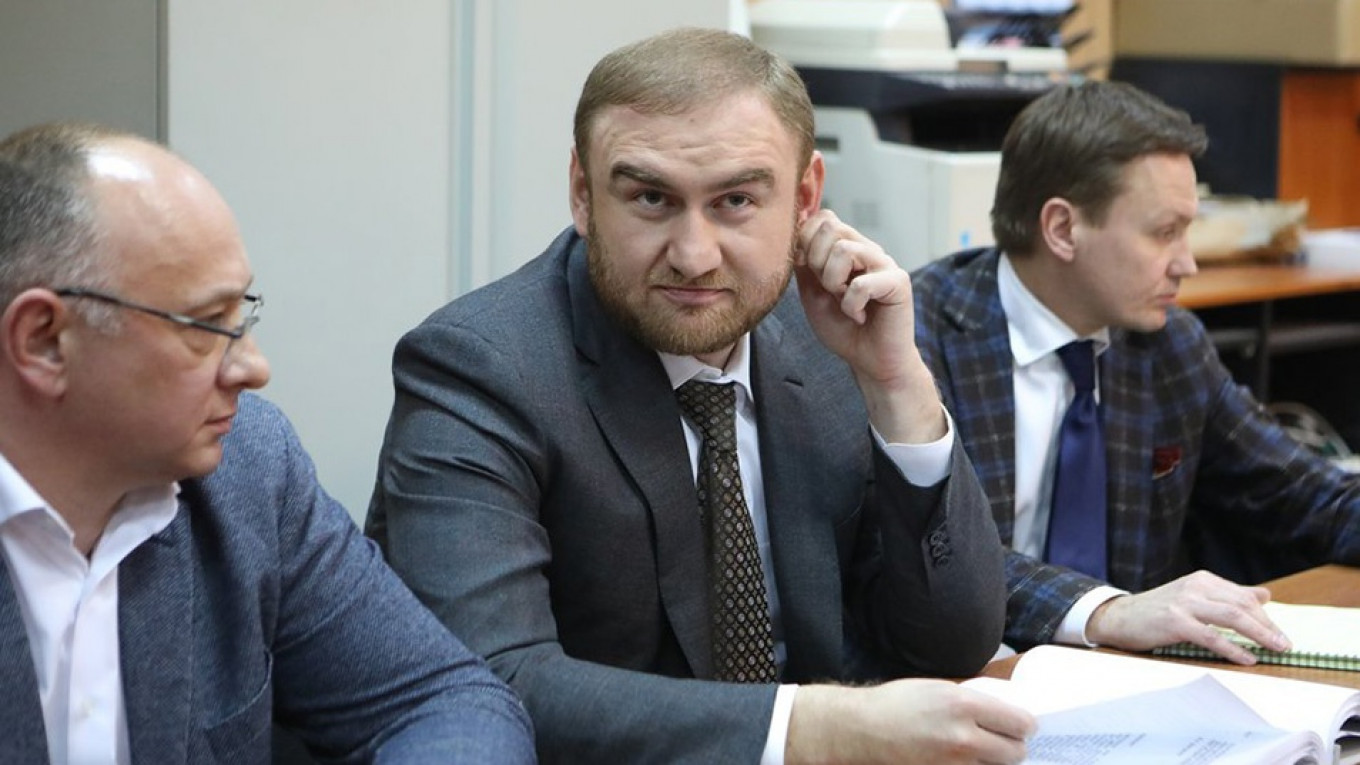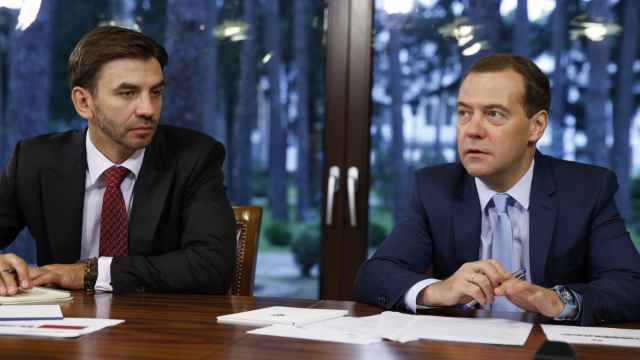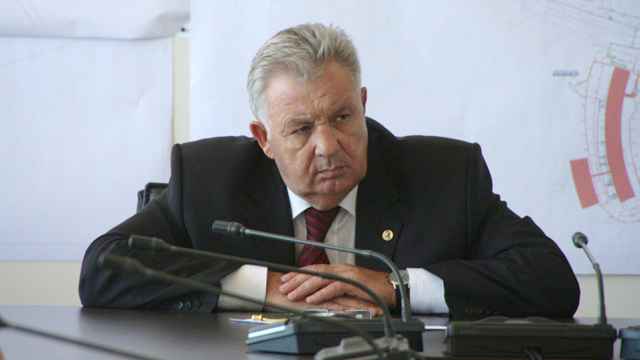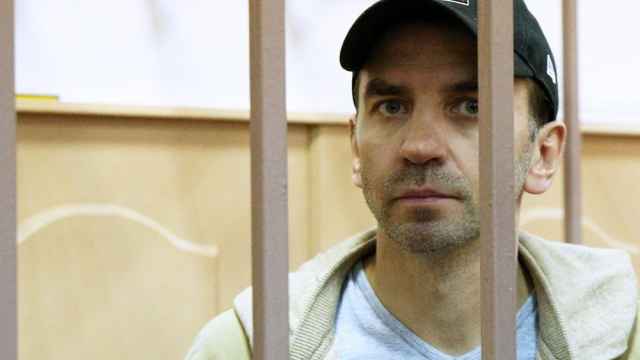А detailed biography of Rauf Arashukov, the senator from Karachevo-Cherkessia who has been charged with contracting two murders, could deal a tangible blow to the reputation of the parliament’s upper chamber — that is, if society actually considered the Senate to be an important and significant authority in the first place, as it should be according to the constitution.
Arashukov’s arrest during a session of the Federal Council seemed to be straight out of a movie. According to witnesses, the prosecutor general and the chairman of the Investigative Committee of Russia were personally involved, Arashukov darted around the hall while the “icy voice” of speaker Valentina Matvienko urged him to stop resisting — in short, the only thing missing was shots fired at the ceiling.
Even more surprising was the Investigative Committee’s announcement that during questioning, Arashukov had demanded a translator, citing his limited grasp of Russian, despite the fact that Russian is the working language of the parliament.
Theoretically, people should already be immune to this kind of news: Arashukov isn’t the first senator who has been accused of committing a serious crime.
According to the head of the human rights organization Agora Pavel Chikov, over the past 10 years, 12 senators have been convicted of various crimes, including fraud and rape, and some are still at large.
The troubling part in all of this is that not any random guy off the street can become a senator. Candidates for senator — from governors to heads of republics (like Arashukov) — are pre-approved by the Kremlin and reviewed by the special services. The murders that Arashukov is being accused of were committed in 2010 and witnesses attested to Arashukov’s involvement before his election to the Senate in 2016. Which means thаt when Arashukov was reviewed by the special services, information on the murders must have come their attention.
However, the fact that Arashukov managed to get into the Federal Council shouldn’t come as a surprise. After all, the upper chamber of the parliament has long stopped playing as important a role in the governmental structure as it is allotted by the constitution. It is no longer an element in the system of checks and balances or an important representative of regional interests, but rather a cush job for political pensioners and a platform for lobbying, a hangout spot for important people from various regions.
Konstantin Kazenin from the Russian Presidential Academy of National Economy and Public Administration notes that in the North Caucasus, being elected senator is often proof that you come from an influential family, and Arashukov’s appointment reflects the balance of power in his republic.
Meanwhile, it is the Russian taxpayer who has to pay for the upkeep of the upper chamber. According to data from the Finance Ministry, the upper chamber is costing the country more and more by the year: 5 billion rubles ($76 million) in 2016, 5.2 billion rubles ($79 million) in 2017, and 5.5 billion rubles ($84 million) in 2018.
A version of this article was originally published at the Vedomosti business daily.
A Message from The Moscow Times:
Dear readers,
We are facing unprecedented challenges. Russia's Prosecutor General's Office has designated The Moscow Times as an "undesirable" organization, criminalizing our work and putting our staff at risk of prosecution. This follows our earlier unjust labeling as a "foreign agent."
These actions are direct attempts to silence independent journalism in Russia. The authorities claim our work "discredits the decisions of the Russian leadership." We see things differently: we strive to provide accurate, unbiased reporting on Russia.
We, the journalists of The Moscow Times, refuse to be silenced. But to continue our work, we need your help.
Your support, no matter how small, makes a world of difference. If you can, please support us monthly starting from just $2. It's quick to set up, and every contribution makes a significant impact.
By supporting The Moscow Times, you're defending open, independent journalism in the face of repression. Thank you for standing with us.
Remind me later.









